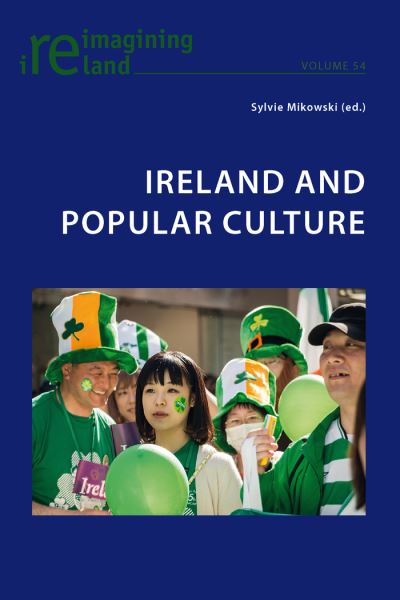
This book explores the differences between 'high' and 'low' cultures in an Irish context, arguing that these differences require constant revision and redefinition. The volume includes analysis of famous Irish writers such as Bram Stoker, Oscar Wilde, W.B. Yeats, James Joyce and Samuel Beckett, who are commonly regarded as part of the canon of elite Irish literature but who have either used elements of popular culture in their work, or else occupy a special position in popular culture themselves. Other chapters examine the elusiveness of the boundary between elite and popular culture using objects such as postcards, digital animation, surfing and the teaching of Irish mythology in schools, and demonstrating how this boundary is constantly renegotiated through subversion and parody or through the recycling of folk culture by state institutions. The book also explores the dichotomy between an 'authentic' Irish culture, as allegedly exemplified by Irish folklore, mythology, sport and theatre, all of which have been claimed as markers of national identity, and fabricated Irishness, designed to fit commercial or political purposes. The case of Ireland provides a rich and fascinating example of the debates which underlie the study of popular culture around the world today.
| ISBN: | 9783034317177 |
| Publication date: | 17th March 2014 |
| Author: | Sylvie Mikowski |
| Publisher: | Peter Lang an imprint of Peter Lang AG, Internationaler Verlag der Wissenschaften |
| Format: | Paperback |
| Pagination: | 249 pages |
| Series: | Reimagining Ireland |
| Genres: |
Literary studies: c 1800 to c 1900 Literary studies: c 1900 to c 2000 Literary studies: from c 2000 Folklore studies / Study of myth (mythology) Regional / International studies |